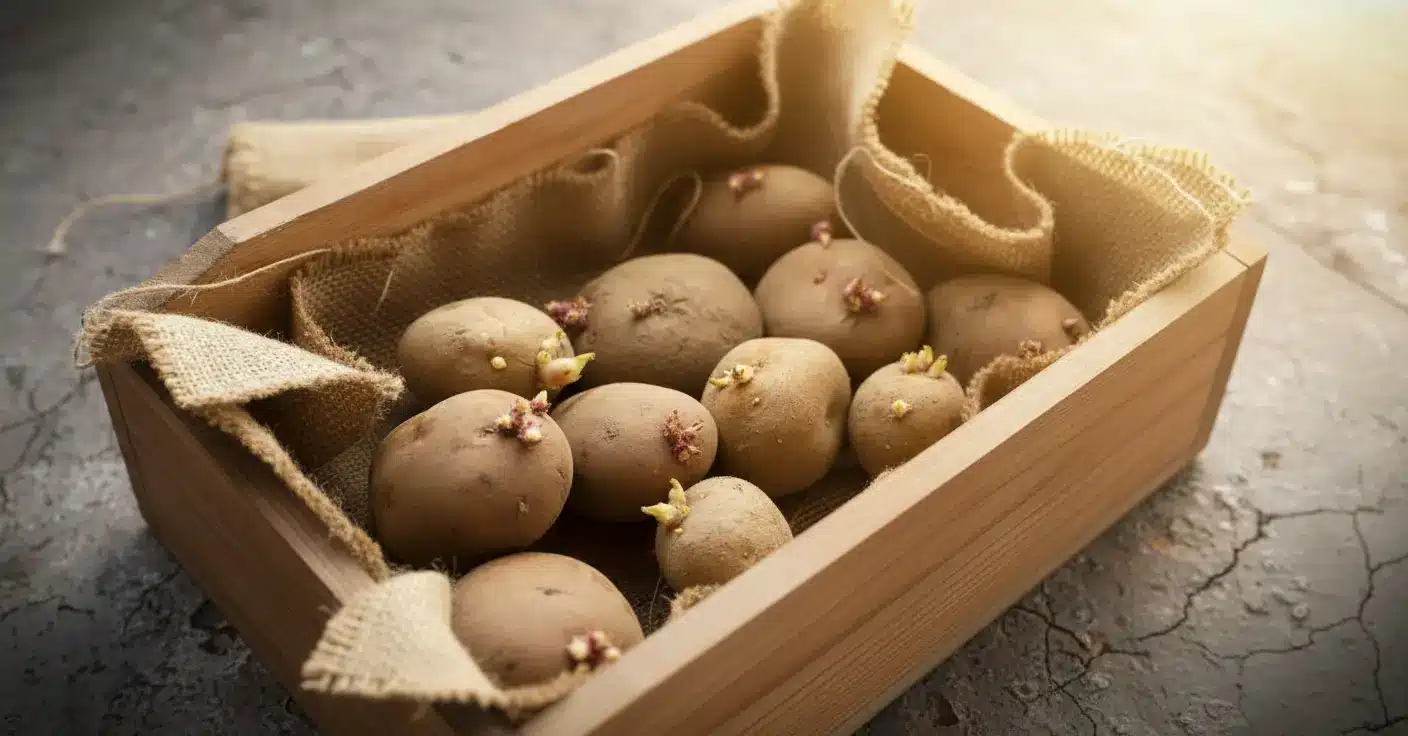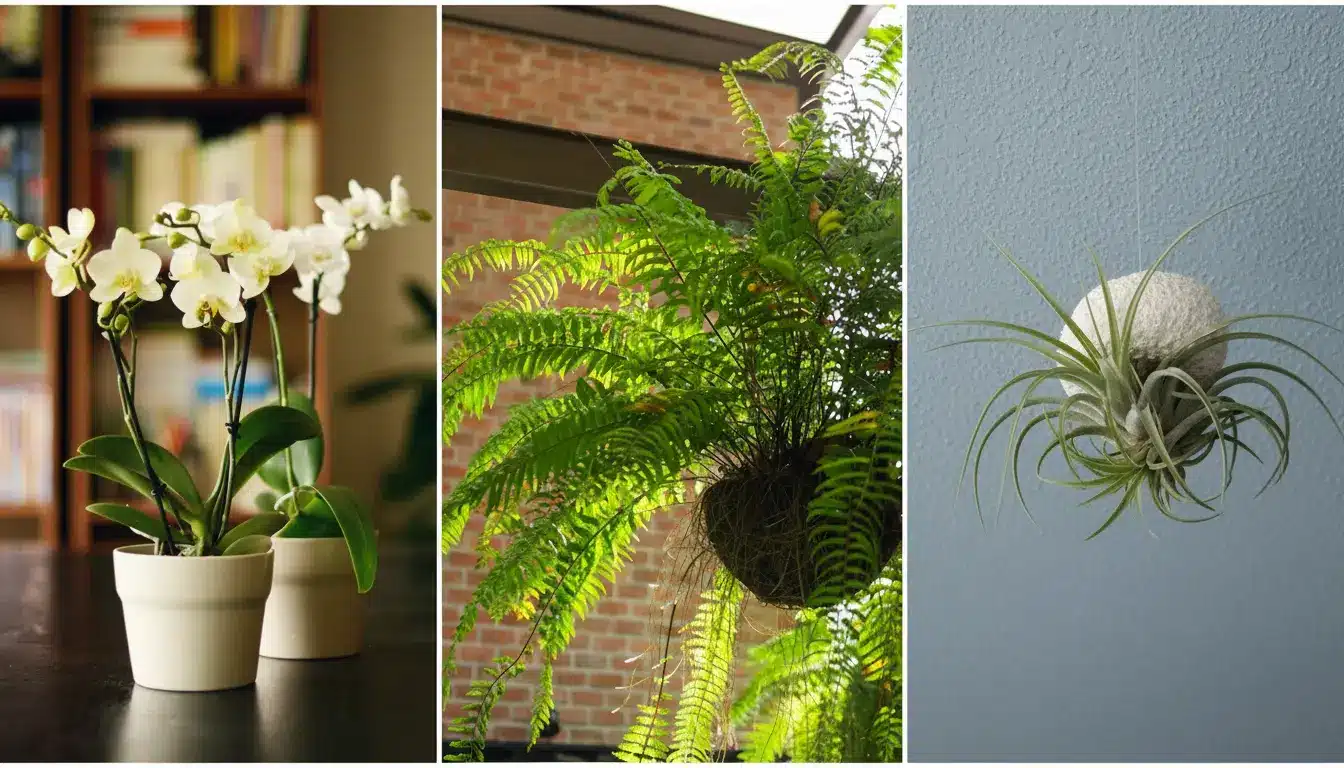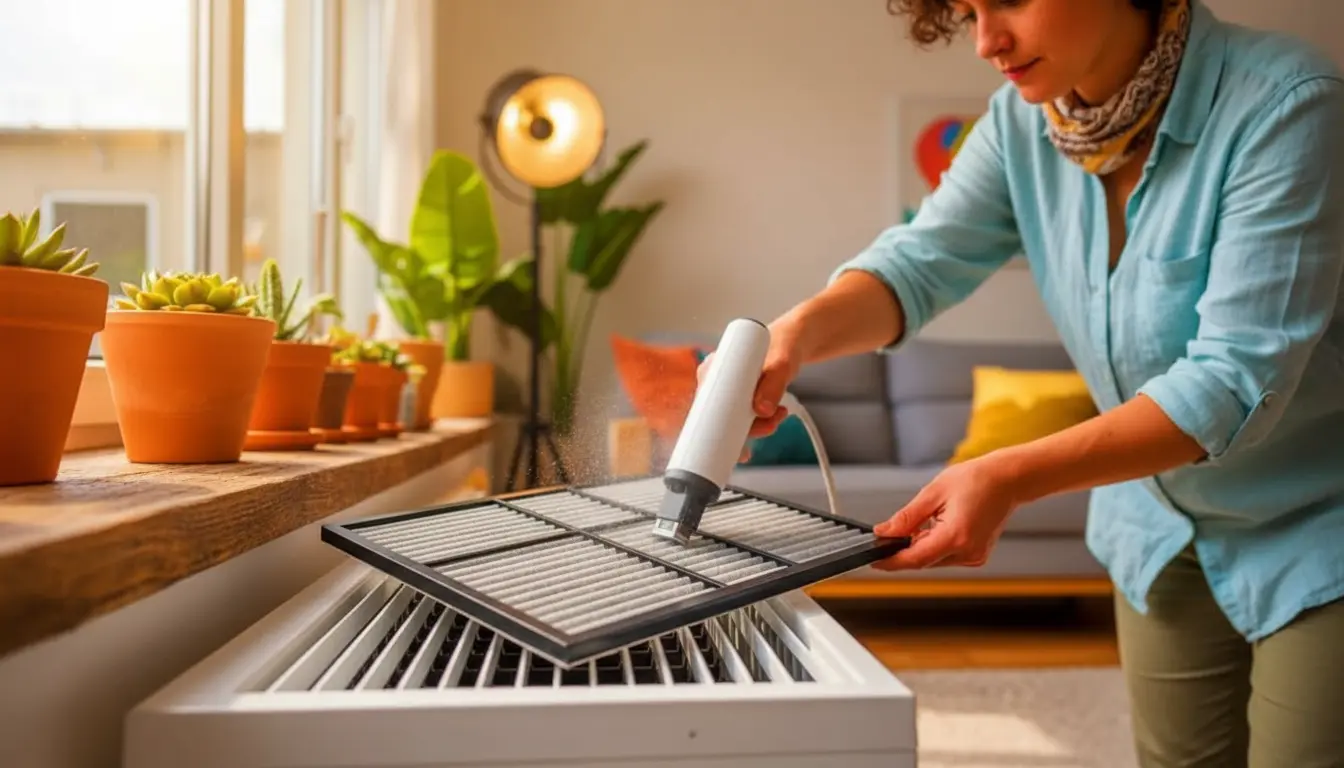Who hasn’t stumbled on a bag of potatoes in the back of their cupboard, now sporting more sprouts than a spring garden? If the sight makes you wonder whether you secretly planted a crop indoors, you’re not alone! But before you consider them lost, let’s talk about how to keep those spuds fresh and sprout-free, using time-tested tips and a bit of science you can actually use at home.
Understanding Potato Sprouting: Why It Happens
First things first: don’t panic! Potato sprouting isn’t a sign of the universe conspiring against your dinner plans. Germination is entirely natural. When potatoes are kept somewhere too warm, humid, or exposed to light, little sprouts—or as some of us call them, “potato tentacles”—begin to make their appearance. Over time, these sprouts grow bigger.
If you prefer organic potatoes or those that haven’t been treated with anti-sprouting chemicals, it’s perfectly normal for them to sprout even faster. That’s right: untreated or organic spuds skip the anti-germination bath and are more eager to grow. So, if you find yourself face-to-face with sprouted potatoes, it’s actually more a badge of natural purity than failure on your part.
Simple Steps to Keep Your Potatoes Fresh
Wishing your potatoes would stay in starchy stasis until you’re ready to cook? These expert-approved habits will help you slow down the sprouting process:
- Sort smarter: Start by separating out any potatoes that look damaged or have already turned green—both can encourage others in the bunch to sprout prematurely.
- Brush up: Use a small brush to gently remove any excess dirt if needed. Clean spuds store better!
- Pick the right spot: Potatoes love cool, dry, and dark environments, far from sunlight. The ideal location is a storeroom, root cellar, or even a basement with no drafts. If that’s not on the cards, a simple wooden crate, basket, or box will do the trick.
- Breathe easy: Never keep your potatoes in plastic bags or any other airtight container. No fresh air means more moisture buildup—and that’s basically an open invitation to sprouts! Stick with breathable storage.
Grandma-Approved Tricks: Natural Ways to Delay Sprouting
If you want to dip into the wisdom of yesteryears, there are a couple of charming solutions that give science a run for its money:
- The apple trick: Pop an apple smack in the middle of your potato stash. Apples release ethylene gas, which helps keep those sprouts at bay and the potatoes fresh for weeks—no shadow of a sprout in sight.
- The charcoal sprinkle: If you have access to it, lightly dust your potatoes with charcoal. It’s another method recommended for even better preservation.
- The anti-sprouting bag: Not feeling too DIY? Grab a special anti-sprouting bag on your next shop. A simple fix for the less adventurous or those keen on minimal fuss.
Sprouts, Solanine, and Safety: What You Need to Know
Worried about whether sprouted potatoes are going to turn dinner into a hazard? Here’s the scoop: potato sprouts are only toxic in large quantities and if you actually eat them. You can still eat those sprouted spuds—just make sure to remove the sprouts before cooking.
Keep an eye on any green spots too; cut them away with a bit of caution. The reason is something called solanine, a toxin found in damaged or green potatoes, which can be harmful if consumed in large amounts. As long as you’re diligent about prepping your potatoes and don’t make a feast of the green bits, your health (and your culinary creations) will remain unscathed.
In a nutshell, saving your potatoes from sprouting chaos boils down to some clever storage, a little TLC, and maybe the occasional apple thrown into the mix. Not only will your potatoes thank you by lasting longer, but you’ll also avoid those surprise “spring gardens” in your pantry. Happy storing!

John is a curious mind who loves to write about diverse topics. Passionate about sharing his thoughts and perspectives, he enjoys sparking conversations and encouraging discovery. For him, every subject is an invitation to discuss and learn.






